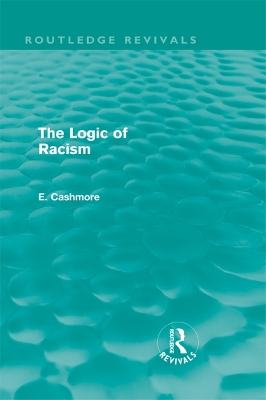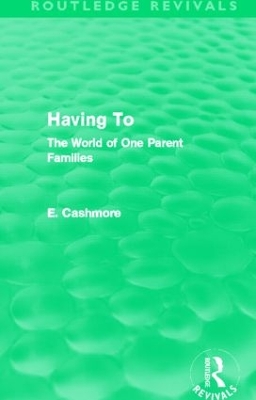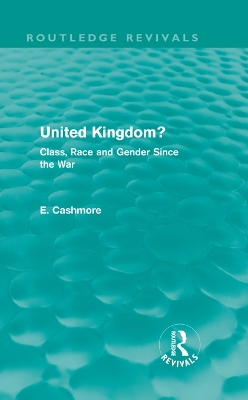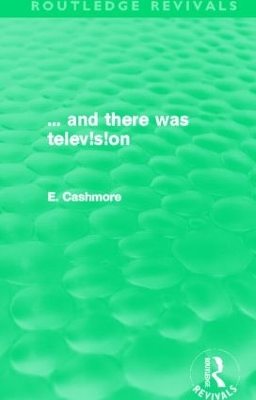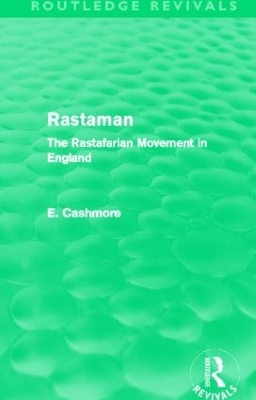Routledge Revivals
6 total works
First published in 1982, Black Sportsmen examines the effect that race has had on sportspeople. The book is based on interviews with a wide range of sportspeople from Olympic athletes to schoolchildren and novices. Written at a time when many black youths were turning to, and succeeding in sports such as athletics, boxing, football, karate and table tennis, this book focuses on the various ways in which black sports competitors reacted to their blackness.
First published in 1987, The Logic of Racism provides a portrait of race relations based on the stories of 800 different individuals from all sections of society. In this book, voices from the author’s tape recorder are converted to the page for the reader to experience the vivid, sometimes humorous and frequently disturbing impressions of race relations as they are experienced. Interviewees include people from different age groups, sexes, races, and social backgrounds as well as the politicians, teachers and professionals responsible for fighting racism. The book combines real life experiences with the author’s analysis and the result is a text that focuses on the reasoning behind prejudice and its resistance to rational argument.
First published in 1985, Having To summarises the situation of more than a million parents in the UK alone that survive as single parents. This thought-provoking book is based on interviews with more than 200 women and men of all ages and backgrounds. The accounts of what life can be like in the world of one parent families are revealing, sometimes disturbing, and above all, moving. In this book, parents talk in depth about their experiences when confronted by violence, infidelity, lesbianism, child abuse and paranoia. They portray stories that will provoke many questions about the state of the nuclear family.
First published in 1989, United Kingdom? examines the three main divisions in British society in the post-war period: class, race and gender. During the 1980s there was an increasing concern about deep, and often bitter, divisions in British society. Events such as the miners’ strike of 1984-5, the riots in Handsworth, Tottenham and Brixton, and the women’s peace camp at Greenham Common all demonstrated the opposing views and cultures of the British public. However, the UK at the time was also able to show remarkable and continuing stability in other areas.
This book considers to what extent the United Kingdom really was a kingdom united from the post-war period to the late 1980s. It focuses on issues of cohesion and conflict and debates the security of essential social stability.
First published in 1994, this book examines the extent to which television affects the people who watch it. Television is frequently blamed for increased violence, shortened attention spans, the decline of literacy and political indoctrination. In this book, the author considers the theories and evidence against television and argues that much of the panic is unfounded. Instead, he asserts that the danger of television is that it is the central apparatus of consumer society. He states that the success of television is measured not in terms of the enjoyment we get from programs, but by how much money we spend as a result of watching them.
First published in 1979, this book makes a detailed study of Rastafarianism. It traces the expansion of Rastafarian culture from its origins and development in Jamaica through to the growth of Rastafarian life in Britain. It looks at Rastafarian culture in England in the late 1970s based on the author’s intimate experiences and communications with followers of the movement.

